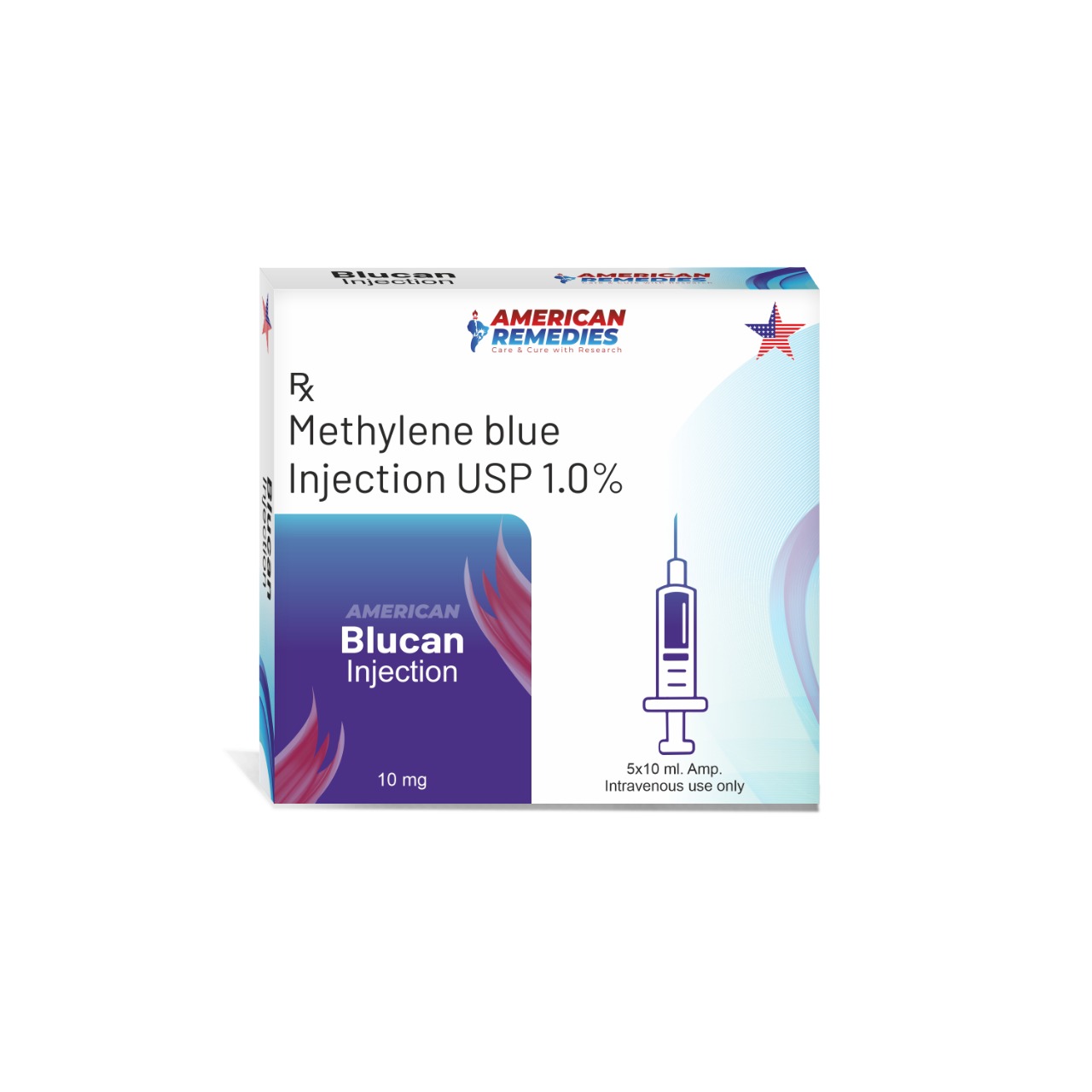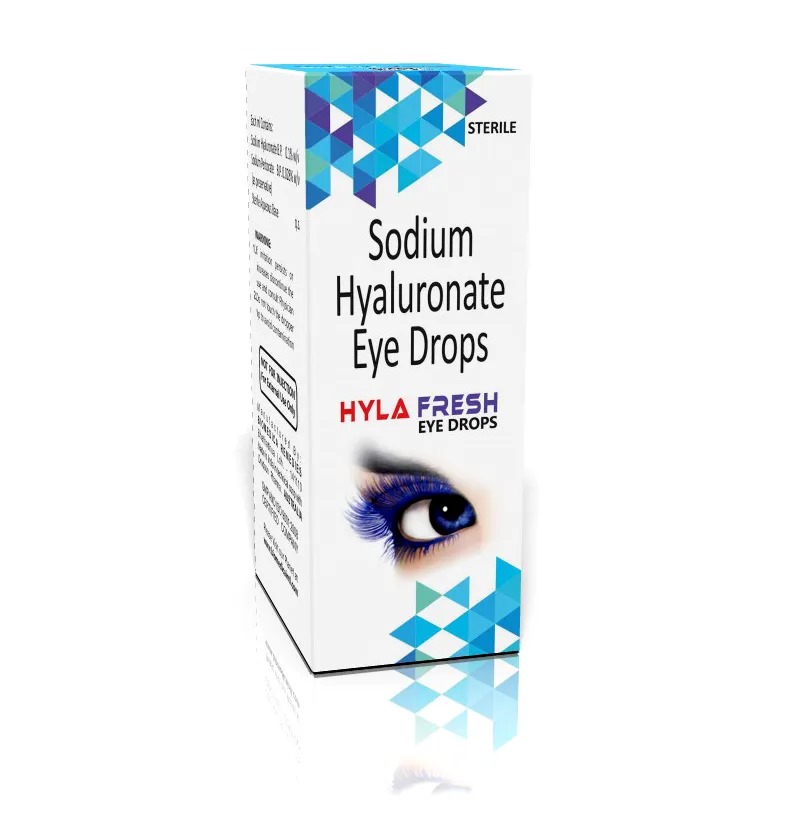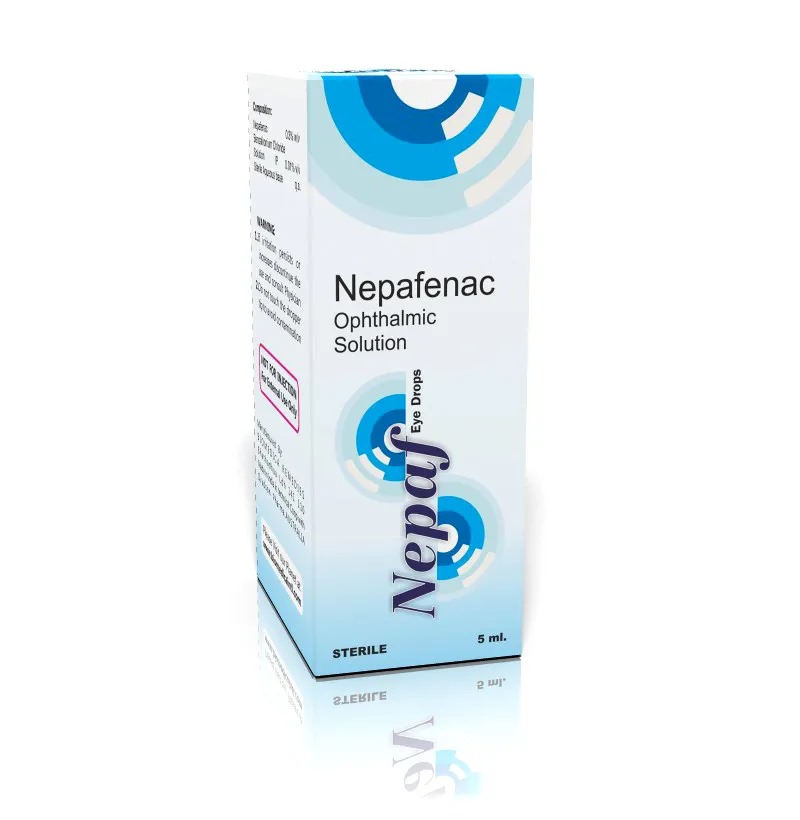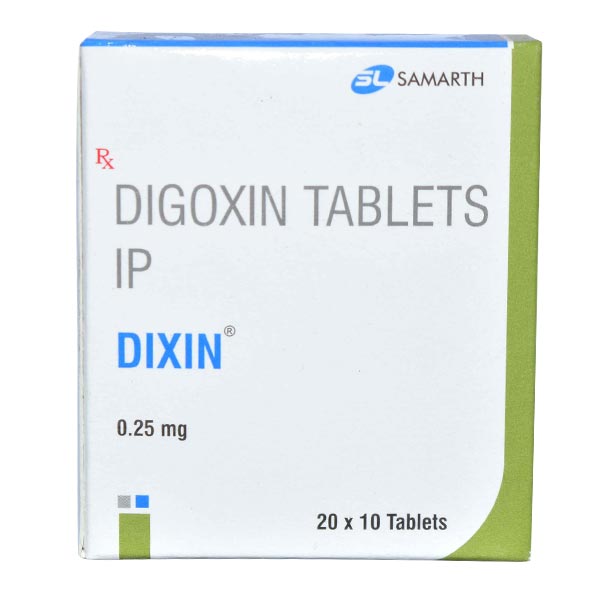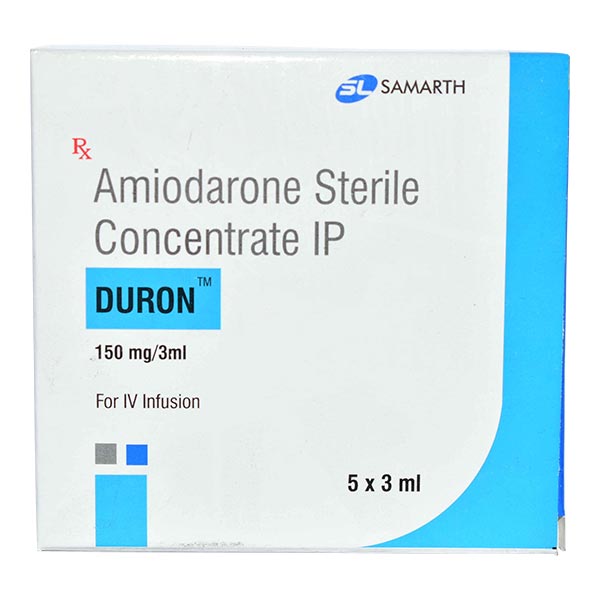Bluecan Injection is a brand of Methylene Blue Injection, primarily used in medical settings for its diagnostic and therapeutic properties. ________________________________________ 🩺 Uses of Bluecan Injection 1. Treatment of Methemoglobinemia: Methylene Blue is the first-line treatment for methemoglobinemia, a condition where methemoglobin levels are elevated, impairing oxygen delivery to tissues. It acts as a reducing agent, converting methemoglobin back to hemoglobin, thereby restoring normal oxygen transport. 2. Urinary Tract Infections (UTIs): It is sometimes used as a urinary antiseptic to treat UTIs, although its use for this purpose has become less common with the advent of more effective antibiotics. 3. Surgical Dye: In surgical procedures, Methylene Blue is used as a dye to delineate tissues, identify sentinel lymph nodes, or assess organ perfusion. 4. Diagnostic Tool: It is used in diagnostic procedures to assess the function of certain organs, such as the kidneys, and to evaluate the patency of ducts. ________________________________________ ⚠️ Side Effects While generally well-tolerated, potential side effects of Methylene Blue Injection include: • Injection site reactions (pain, redness, swelling) • Headache • Dizziness • Nausea or vomiting • Skin discoloration (temporary blue or greenish tint) • In rare cases, serotonin syndrome, especially if used with serotonergic drugs ________________________________________ 💊 Mechanism of Action Methylene Blue acts by accepting electrons and donating them to reduce methemoglobin back to hemoglobin. This process restores the oxygen-carrying capacity of the blood. It also inhibits certain enzymes and has antimicrobial properties, which contribute to its use in treating infections. ________________________________________ ⚠️ Precautions • Drug Interactions: Avoid concurrent use with serotonergic drugs (e.g., SSRIs, SNRIs, MAO inhibitors) to prevent serotonin syndrome. • Pregnancy and Breastfeeding: Consult a healthcare provider before use during pregnancy or breastfeeding. • G6PD Deficiency: Use with caution in individuals with glucose-6-phosphate dehydrogenase deficiency, as it may cause hemolysis. • Renal Impairment: Dosage adjustments may be necessary in patients with kidney dysfunction
Send Message